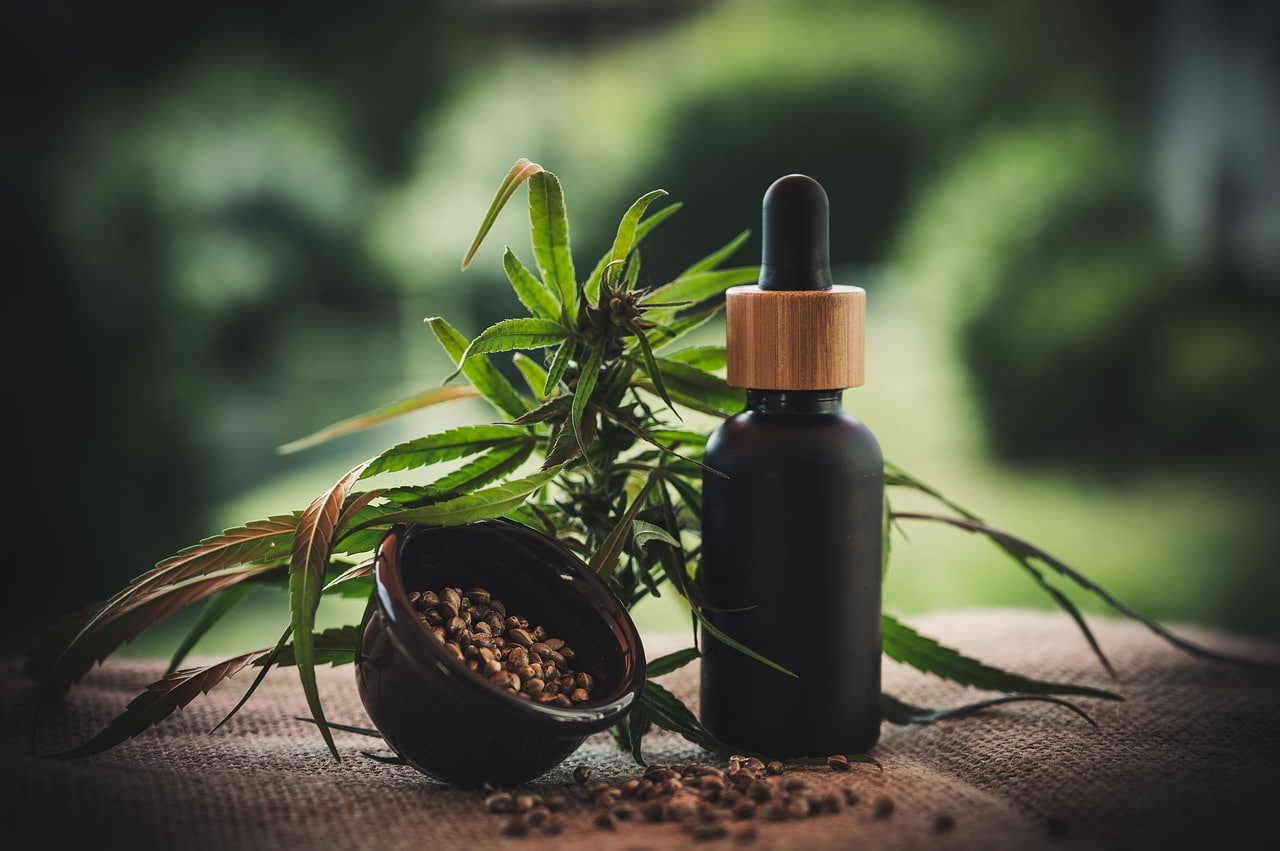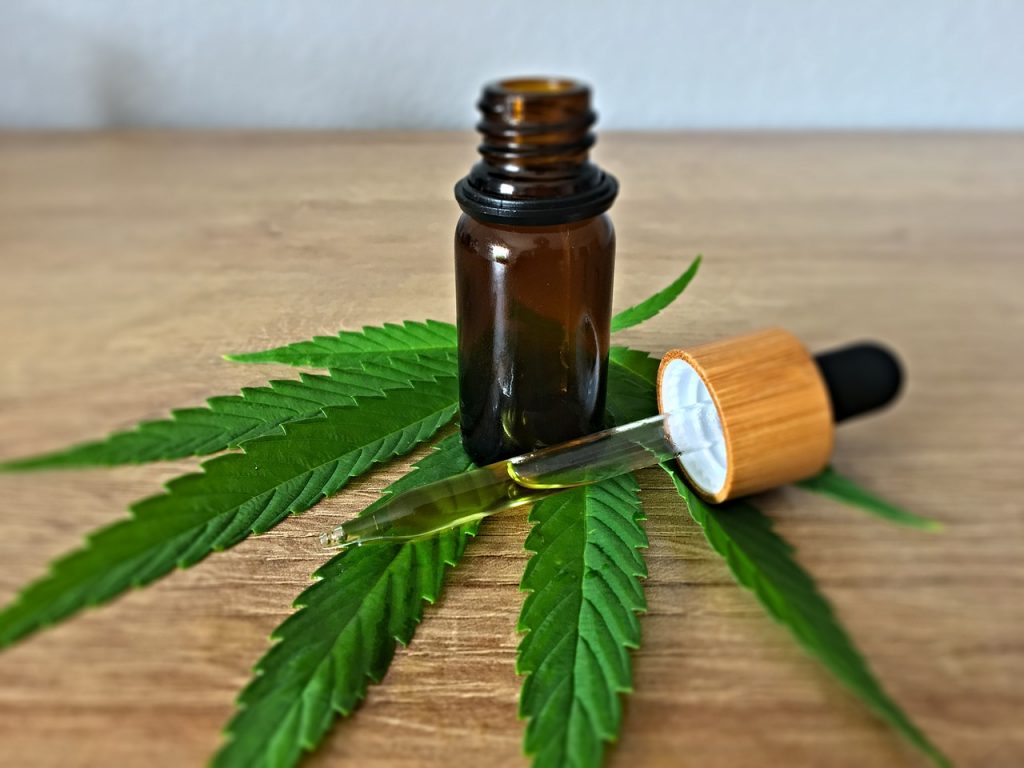
Sponsored article
CBD has been growing in popularity for several years now, and many people attribute amazing properties to the substance. Is this really the case and what do specialists and scientists think about it? There are plenty of studies and texts on the subject, but still the effect of cannabinoids on the human body is not fully understood.
In an article published by Harvard Medical School, we learn that CBD comes from two varieties of hemp: cannabis and marijuana. Cannabis produces between 100 and 140 different chemicals called cannabinoids. The most popular and best known is tetrahydrocannabinol (THC). This is the chemical compound that causes psychoactive intoxication. Numerous studies have shown that THC helps treat chronic pain, depression, anxiety, vomiting, nausea, and insomnia.
The second most common chemical in cannabis is CBD. Unlike THC, it does not cause intoxication. Externally supplied cannabinoids may enhance the effects of CBD, which is produced naturally by your body, but this has yet to be thoroughly proven
CBD gained its popularity when Congress passed a law in 2008 that legalized hemp in all 50 states and also removed cannabinoids from the list of controlled substances.
As mentioned above, CBD is the second most common of hemp’s active ingredients. Although cannabinoids are an ingredient (one of hundreds) in marijuana, by itself it does not cause the so-called “high”.
According to the World Health Organization, in humans CBD has shown no effects indicating potential abuse or addiction […]. To date, there is no evidence of public health problems due to the use of pure CBD.
The substance can be taken in a variety of ways, such as through a vaporizer, placing the oil under the tongue, drying CBD and burning it. Additionally, it comes in the form of pills, gels, creams, and patches for topical application.
CBD oil should be used by people who suffer from epileptic seizures. According to experts, the substance helps to suppress seizures by slowing down the messages sent to the brain.
Tests on dogs showed that using CBD oil on them for osteoarthritis made the animals feel less pain and more active. This is not confirmed, but in the future, the product could be used to treat pain and inflammation in humans. In addition, the oil will help when dealing with anxiety, post-traumatic stress disorder, and the side effects of cancer.

There have also been observations that focus on the properties of CBD and its use in treating anxiety and insomnia. One study found that a 600 mg dose of CBD reduced anxiety in people preparing for public speaking. People who took 25 mg of cannabinoids for a month had better sleep quality and reduced anxiety. However, these were not controlled trials, so they should be treated with some caution.
A study from the European Journal of Pain, using an animal model (rats), found that CBD applied to the skin can help reduce pain and inflammation caused by arthritis. In contrast, another study indicated that cannabis inhibits inflammatory and neuropathic pain.
Cannabinoids may reduce overall inflammation in the human body, and thus may also benefit acne treatment. CBD oils reduce the activity of sebaceous glands, which are responsible for sebum production. It is its excessive amount that leads to the formation of acne.
According to 1314 respondents out of 2409 who participated in the study, published by Cannabis Cannabinoid Res., 11% of the respondents experienced dry mouth, 4% euphoria, and 5% hunger. Small numbers of people were drowsy and had red eyes. Overall, 28.46% of the subjects experienced side effects.
Photo by Julia Teichmann/Pixabay